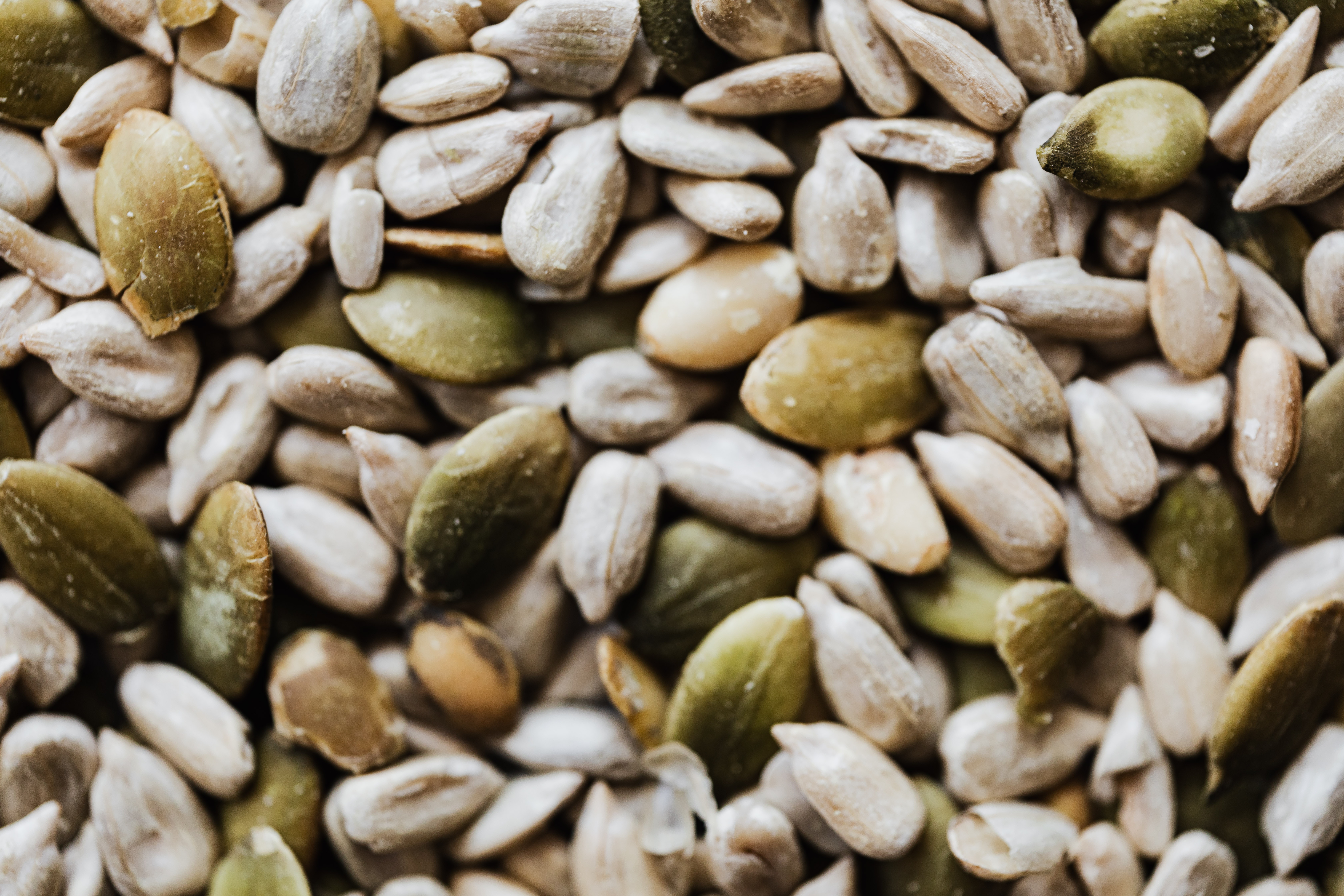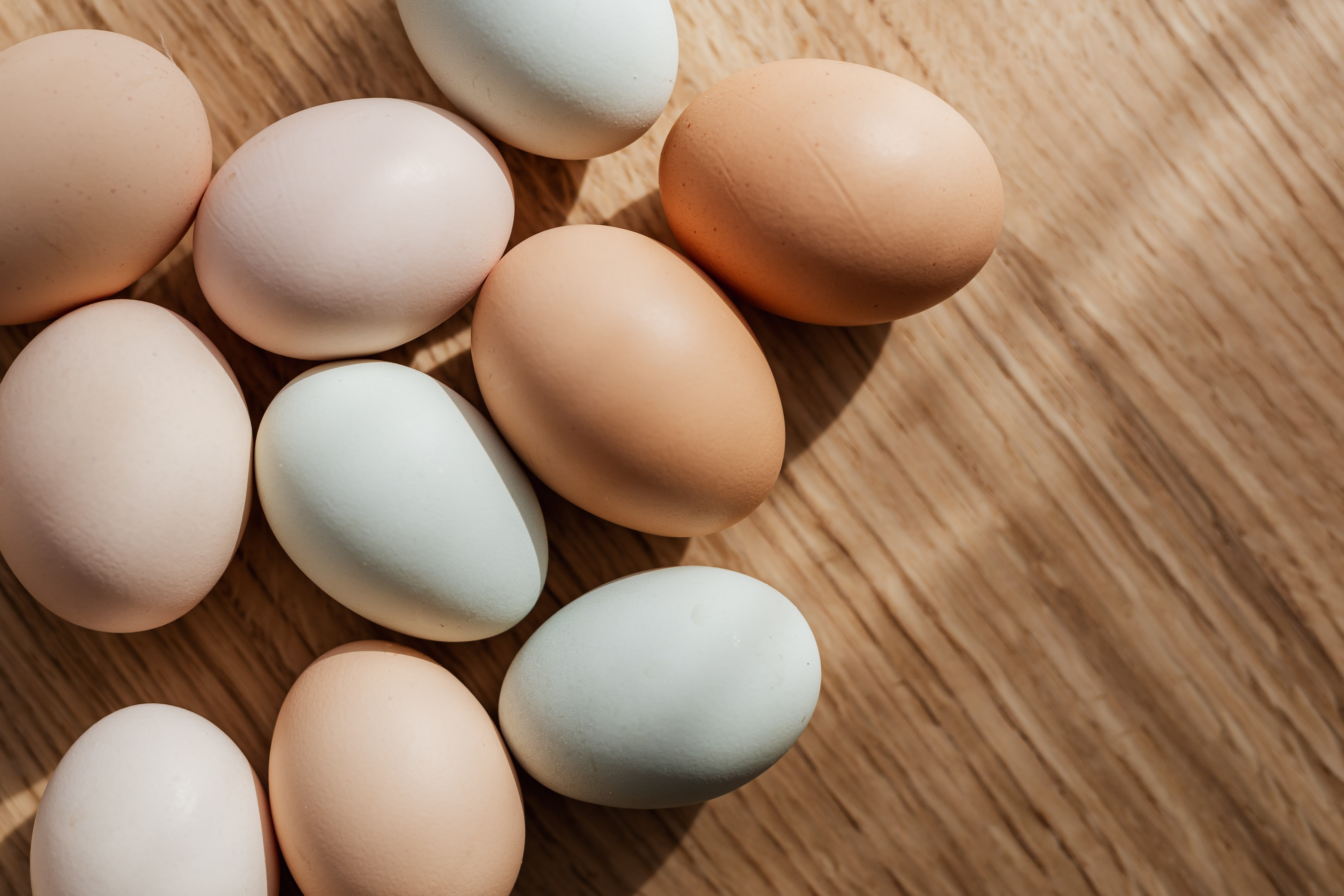
Why Protein Is King
Getting enough protein is one of the biggest and most impactful changes you can make to your diet. We break down the facts and bust some common myths along the way…
What basic function does protein have?
Proteins are large molecules that play an important role in the structure, function and maintenance of the body’s tissues and organs. Protein is made up of amino acids, smaller building blocks that are vital for supporting the immune system and producing collagen and keratin which contribute to stronger hair, skin and nails. Another major function of amino acids is to enable the daily detoxification of the liver so people who don’t consume enough protein are not only at risk of reduced liver function but poor skin health, muscle aches, a suppressed immune system, headaches and low energy.
What are some common misconceptions about consuming protein?
That it’s bulking. The amount of calories that you eat and the type of training you do will contribute to that aesthetic more than eating a high protein diet. There’s also the myth that it causes heart disease but there’s very little scientific research to back this up and in fact depends on other variables including the cut of meat and whether animal is grass-fed vs grain-fed. The only caveat to eating plenty of protein is if you have a pre-existing kidney condition as it may mean vulnerable your kidneys have to work harder.



How much should you eat?
The RDA is 0.8g of protein per kg of body weight. That’s the amount you need to survive though and not thrive, so a better estimate is in range of between 1.2 and 1.15g range. So, for a 70kg person, that’s around 84g a day, the equivalent of the size of a chicken breast per meal. If you’re training a lot during the week (around say 4-5 days a week) then upwards of 1.5g to about 2g spread out throughout the day is a good bet. If you spread out your consumption of protein, you’re feeding the process constantly and those amino acids are always flowing in your body.
Is animal protein the most superior choice?
Research shows that it provides a broader range of amino acids than plant-based proteins and that you’d need to combine a number of plant protein sources to get the same as in one animal serving. Digestibility is key too and animal protein is generally easier on the gut. Powder options are not only a great choice if you’re working out or need to up your protein intake quickly, they’re convenient and there’s no cooking required. Workshop’s Organic Vanilla Pea Protein Formula is a dairy-free, vegan, easily digestible source of protein that supports muscle repair, boosted immunity and contributes to the maintenance of strong hair, skin and nails.
